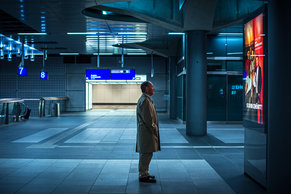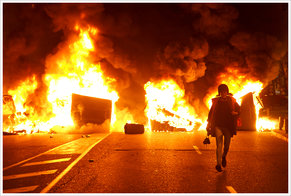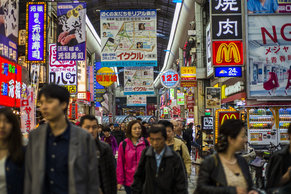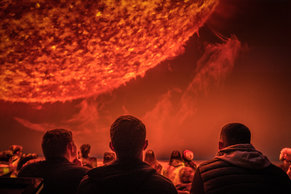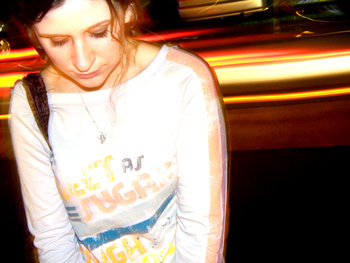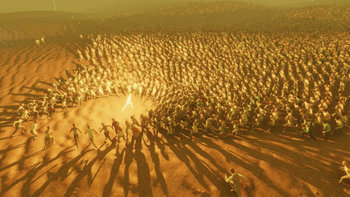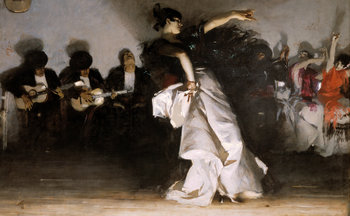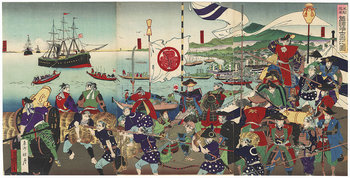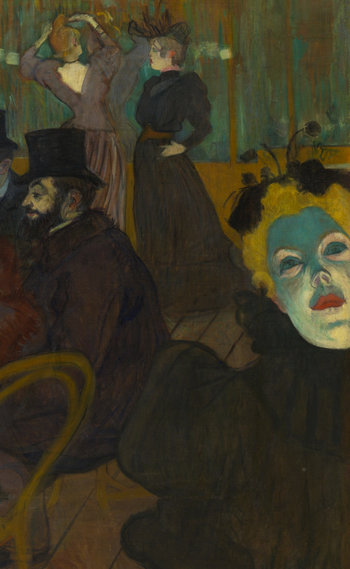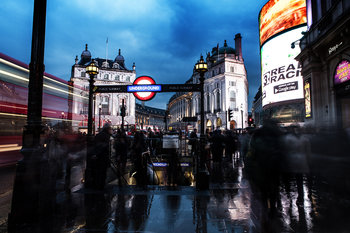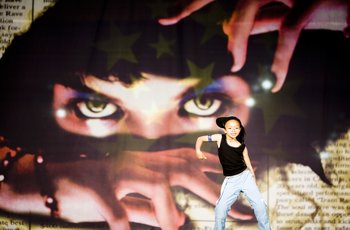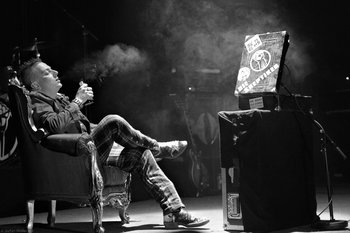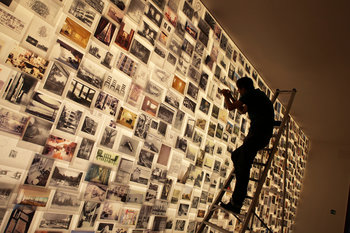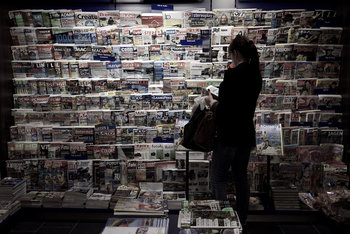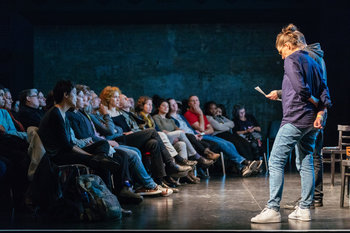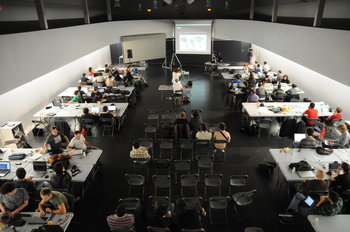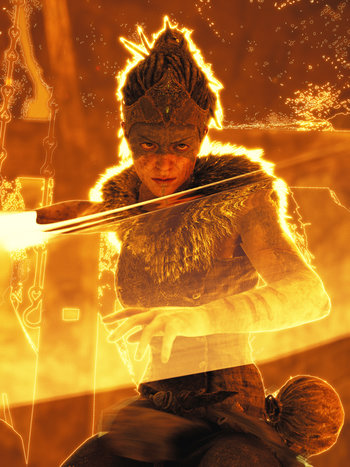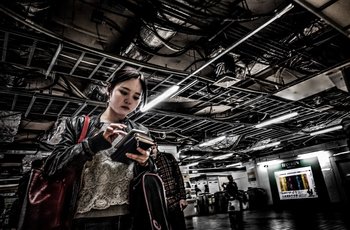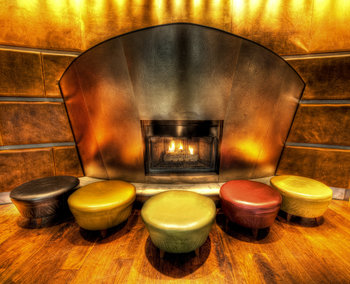Shared Experience
Shared experience is the process of bonding with others and developing shared meaning by experiencing the same things. For example, a concert that allows you to enjoy music you love with 50,000 people who feel the same. Media allows for shared experience with people in distant places whom you've never met. For example, an audience in Iran enjoying a film that is also enjoyed by audiences in France.Broadcast Media
Broadcast media is any communication mode that reaches a large audience from a single source. This includes traditional television, film, newspapers and radio. The 20th century was shaped by broadcast media whereby entire nations received their news, information and entertainment from a small number of media companies. This resulted in shared opinions, attitudes and worldviews at great scale.Internet Media
The emergence of the commercial internet in the 1990s changed the way that people communicate on a global basis. Suddenly anybody could publish media and reach large audiences. This resulted in a fragmentation of shared experience and a divergence of worldviews as people were free to discover an incredibly diverse body of media. This is stimulating and helps to produce knowledge, innovation and creativity. It is also problematic as internet media can serve as a tool of confirmation bias, filter bubbles and cherry picking.Culture Lag
Culture lag is the tendency for technology to change things before society and culture have time to adapt. Culture is slow and has a stabilizing effect while technology is typically pushed forward aggressively and without thought to consequences. When media technology transforms communication and society, culture eventually adapts to bend the technology to human needs. For example, a culture of privacy awareness and anonymity that has emerged amongst generations born after the transition to internet media in the 1990s.Propaganda
Broadcast and internet media are powerful tools of communication that are often used by governments to shape worldview, opinions and attitudes. A number of countries impose controls on media such that the state shapes virtually all media communications.Advertising
Modern media creates large markets for advertising whereby firms pay to reach an audience with a message. This funds media production, increases competition between firms and may create efficiencies by disseminating product information. For example, advertising may make consumers aware of interest rates in the current market such that they are less likely to sign into an unfair loan with a bank or financing company. Advertising also has drawbacks as it can create a busy environment of information pollution.Consumer Culture
Consumer culture is the influence of commerce on culture. Modern markets try to serve every human need, including areas that are traditionally served by friends, family and community. This can be viewed as a productization of experience whereby people try to buy what they need as opposed to earning it through experience. Media is often accused of contributing to and accelerating this process. For example, watching a television show that may satisfy the social need to know people. This can be viewed in a negative light whereby as it can disconnect people from reality and cause them to miss out on "real" life.Creative Culture
Internet media gives everyone an outlet to create and share media with the entire world. This has helped generations of artists, writers, film makers, musicians, media personalities and others to reach an audience.Gaming Culture
Video games allow culture to occur in fictional and semi-fictional realities. This has brave potential that has only begun to be explored. It is likely that most or all future culture will take place in immersive digital realities wherein nothing is impossible and the constraints of the real world are meaningless.Summary
Culture has been heavily influenced by media since the emergence of mass produced newspapers in the 17th century. Changes to media such as the shift from broadcast media to digital media are a fundamental driver of culture change.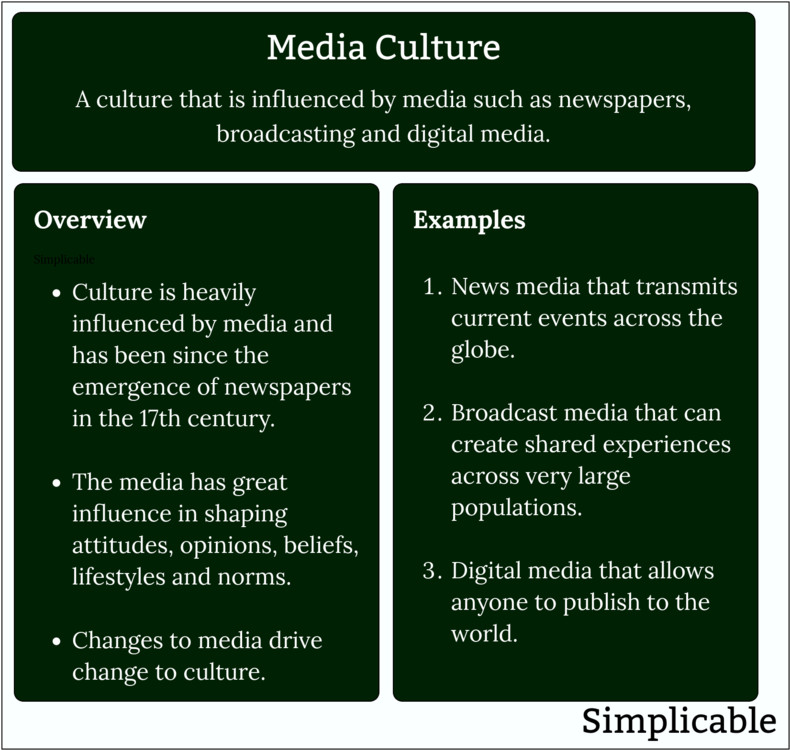
| Overview: Media Culture | ||
Type | ||
Definition | A society or culture that has been heavily influenced by mass media | |
Related Concepts | ||

